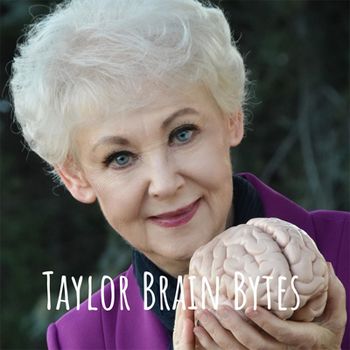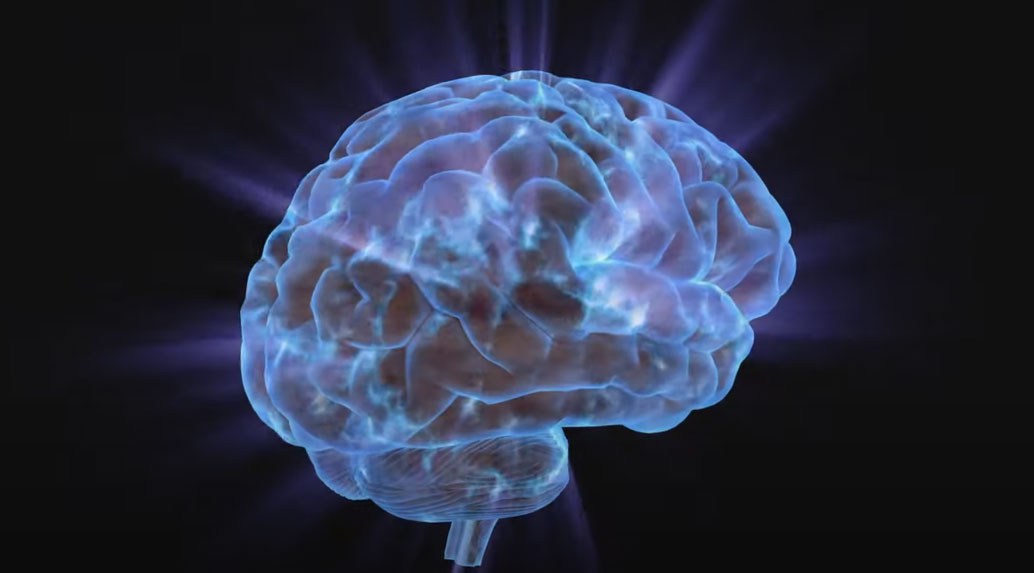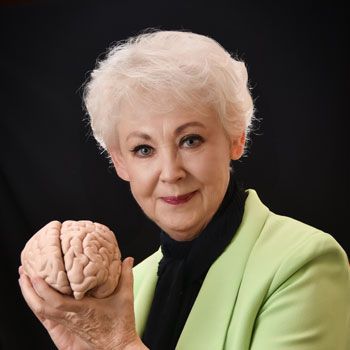Competition and Relationships
Q. As a company administrator, I have made it a policy to mentor younger individuals, usually quite successfully. Recently an employee whom I mentored for several years moved to a different organization. Initially, it seemed they wanted to continue our association and even expand it to a personal friendship since we were no longer working for the same entity (and I am careful to avoid mixing business with pleasure). As they moved up the ladder in the new position, however, it seemed a level of competition has developed and strained the relationship. They do many things well and have some excellent skills but frankly they differ from mine. I have always stressed the concept of identifying and honing “your own gifts” rather than trying to copy another’s style and mimic what they do very well. Over the past couple of years I’ve sensed a distancing by this individual unless they want something from me. The perception of some observers is that there may be a lack of accurate perception about what they do well. Any ideas?
A. First, I applaud your boundary position of avoiding mixing business with pleasure when both of you work for the same corporation. Second, I have experienced this type of situation at least twice in my career. Unfortunately. Someone admires what you do and wants to replicate it, but possesses "gifts differing," as the old saying goes. They then try to compete with you rather than identifying and honing their own innate talents. Yes, people can learn some skills and pick up tips by being mentored but they can only replicate the level of competence if they are innate for their brain. In the end, the person typically does not attain the level of competence required to be really successful at those "copied skills." Misidentifying what their brain does best can cause a tendency to misperceive how they come across to others. How they evidence this misperception may be exhibited in a wide range of behaviors.
Are you acquainted with the Dunning-Kruger Syndrome for which the authors won an Ig Nobel Prize in 2000? According to Merriam Webster Dictionary, this prize, a parody of the Nobel Prize, is awarded every autumn to celebrate ten unusual or trivial achievements in scientific research. The original paper by David Dunning and Justin Kruger was titled, “Unskilled and Unaware of It,” in which they explained that this syndrome involves a false belief or cognitive bias. The miscalibration of the incompetent stems from an error about the self, whereas the miscalibration of the highly competent stems from an error about others. It appears as an internal illusion in people of low ability and an external misperception in people of high ability. Those of high-ability tend to underestimate their relative competence and presume, erroneously, that tasks which are easy for them to perform also are easy for others to perform. Those with lower levels of relative competence fail to adequately assess their level of competence, which robs them of an ability to critically analyze their own performance that leads to a significant overestimation of their own competences. This, of course, can be deadly for mentoring as well as personal relationships and may negatively impact long-term success.
Individuals with the Dunning-Kruger syndrome tend to:
- Fail to recognize their own lack of skill
- Fail to recognize the extent of their inadequacy
- Fail to accurately gauge skill in others
- Recognize and acknowledge their lack of skill only after being exposed to formal training in that skill.
Anecdotal observations have indicated that these individuals may contact others with an offer to provide specific activities or presentations (whatever they believe their skill set to be) and then get upset when repeat invitations are not forthcoming. In all fairness, an inaccurate assessment of personal competence may derive, at least in part, from the individual’s own ignorance of actual and current standards of performance for the given skill. The pattern of overestimation of one’s competence has shown up in studies of reading comprehension, the practice of medicine, operating a motor-vehicle, playing games such as chess and tennis, and so on. The good news is that improving one’s metacognitive skills has been shown to reduce self-assessment scores as the individual became better at evaluating their own limitations.
How do I deal with this? It can be a challenge, especially when I have at times mistaken a desire on the part of another individual "to get all the help and tips from me that are possible" and/or to be aligned in the public eye with someone they perceive as successful, with a genuine desire for a bona fide personal friendship. Once I get clear about that, I can be pleasant and professional while avoiding being used primarily to enhance the other person’s grasping for success. In addition, I am clear that the only person I compete with is myself, always trying to improve my own skills. After all, every brain on the planet is different so comparing my skills with those of others is a dead-end stressor, a bit like comparing apples with oranges, as the old analogy goes. My brain’s opinion is that Dunning-Kruger Syndrome may reflect a measure of personal self-esteem, which may be exhibited as low self-worth or an inordinately high level of perceived self-worth in comparison with others.




